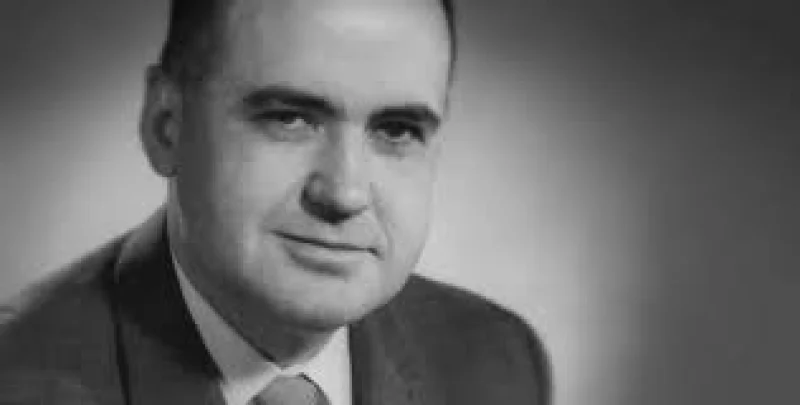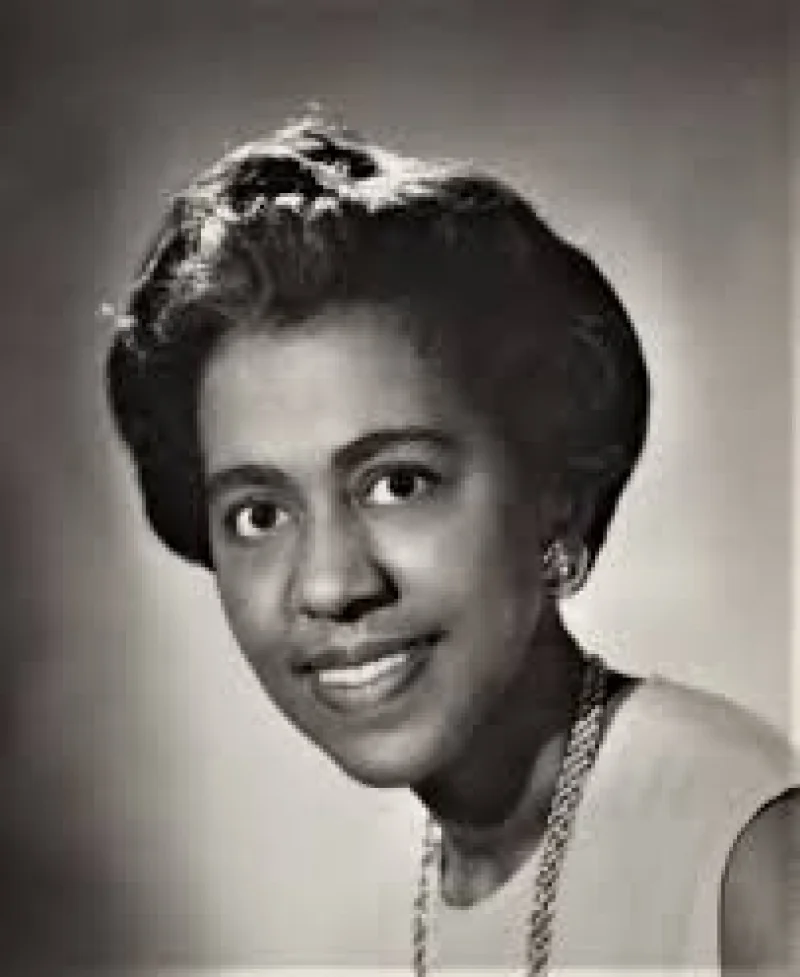Short Summary
Maurice Hilleman was a pioneering microbiologist and vaccinologist whose work led to the development of over 40 vaccines, significantly reducing global disease burden. Known for his tireless efforts in vaccine development, he is credited with saving millions of lives through his contributions to public health. Hilleman's work paved the way for vaccines against diseases such as measles, mumps, and hepatitis B, making him one of the most influential scientists in the field of immunology.
Early Life & Education
Maurice Hilleman was born on August 30, 1919, in Miles City, Montana. He grew up on a farm and was the youngest of eight children. His early life was marked by the hardships of rural living, including the loss of his mother shortly after his birth. Despite these challenges, he excelled in school and developed an interest in science. Hilleman pursued higher education at Montana State University, where he studied microbiology and chemistry. He later earned his doctoral degree in microbiology from the University of Chicago, where he conducted significant research on chlamydia, laying the foundation for his future work in vaccine development.
Career Highlights
Hilleman's career began at E.R. Squibb & Sons, where he developed a vaccine against Japanese encephalitis. In 1957, he joined Merck & Co., where he would spend the majority of his career. During his time there, he led efforts to develop vaccines for measles, mumps, rubella, and hepatitis B, among others. His groundbreaking work on the mumps vaccine, which he developed using a strain of the virus from his own daughter, remains widely used today. Hilleman's innovative approaches to vaccine development and his ability to translate laboratory findings into practical applications made him a central figure in modern vaccinology.
Major Achievements
- Developed over 40 vaccines, significantly reducing the incidence of infectious diseases worldwide.
- Pioneered the development of the first mumps vaccine, using a strain isolated from his daughter.
- Contributed to the creation of the MMR vaccine, combining measles, mumps, and rubella vaccinations in a single shot.
- Played a key role in developing the hepatitis B vaccine, which has become a critical tool in preventing liver cancer.
- Identified the shift and drift in influenza viruses, leading to better flu vaccine formulations.
Famous Quotes
- "I think the future of mankind will depend on the provision of adequate food, potable water, and control of infectious diseases."
- "Vaccines are the tugboats of preventive health."
Interesting Facts
- Hilleman is credited with saving more lives than any other medical scientist of the 20th century.
- He developed the first successful vaccine for Japanese encephalitis during World War II.
- His work on adenoviruses led to the understanding of viral oncogenesis.
- He was known for his practical approach to vaccine development, focusing on real-world applications.
- Despite his significant contributions, he remained relatively unknown to the general public during his lifetime.
Legacy / Influence
Maurice Hilleman's contributions to vaccinology have left an indelible mark on public health, with his vaccines continuing to save lives and prevent widespread epidemics. His work has influenced generations of scientists and set a high standard for vaccine safety and efficacy. Hilleman's legacy endures in the form of the countless lives saved and the continued advancements in vaccine technology inspired by his pioneering efforts.
FAQ
Q: Why is Maurice Hilleman famous?
A: He is renowned for developing over 40 vaccines, including those for measles, mumps, and hepatitis B, significantly impacting global health.
Q: What was his most significant contribution?
A: His most significant contribution was the development of the MMR vaccine, which protects against measles, mumps, and rubella.
Q: How did Maurice Hilleman impact public health?
A: Hilleman's vaccines have saved millions of lives by preventing numerous infectious diseases worldwide, dramatically improving public health.












